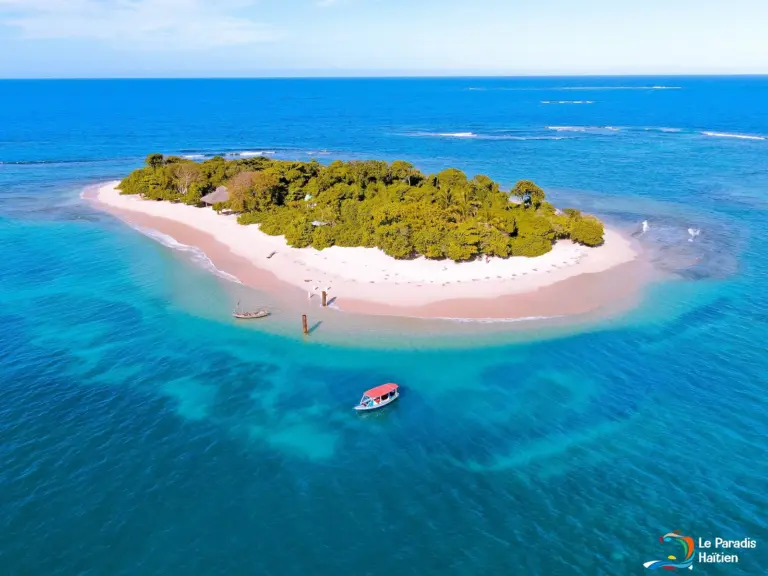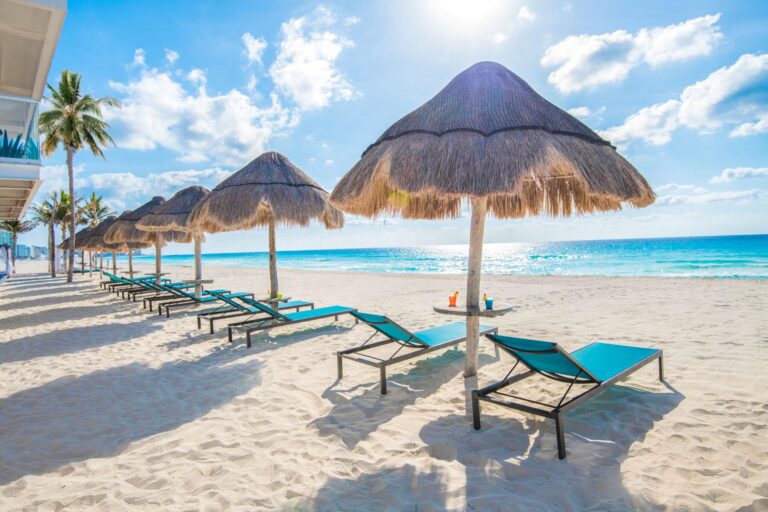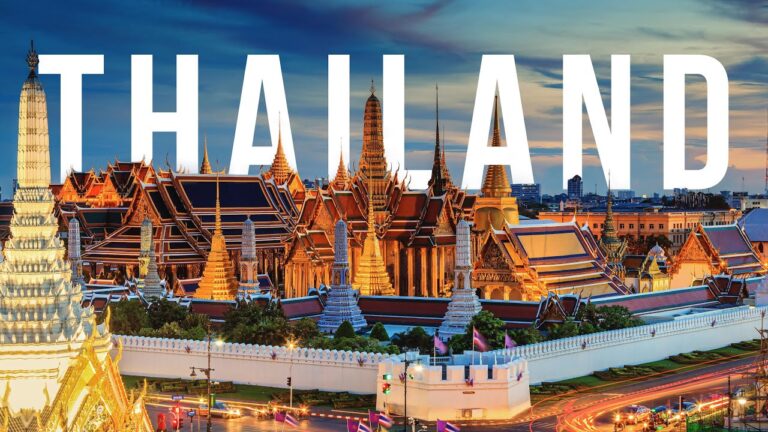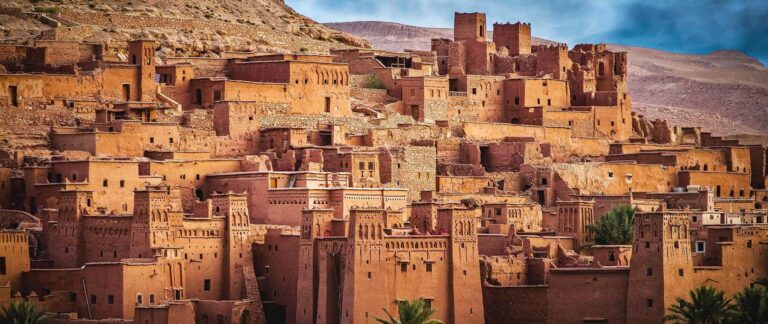Is It Safe to Travel to Kenya: Safari Guide
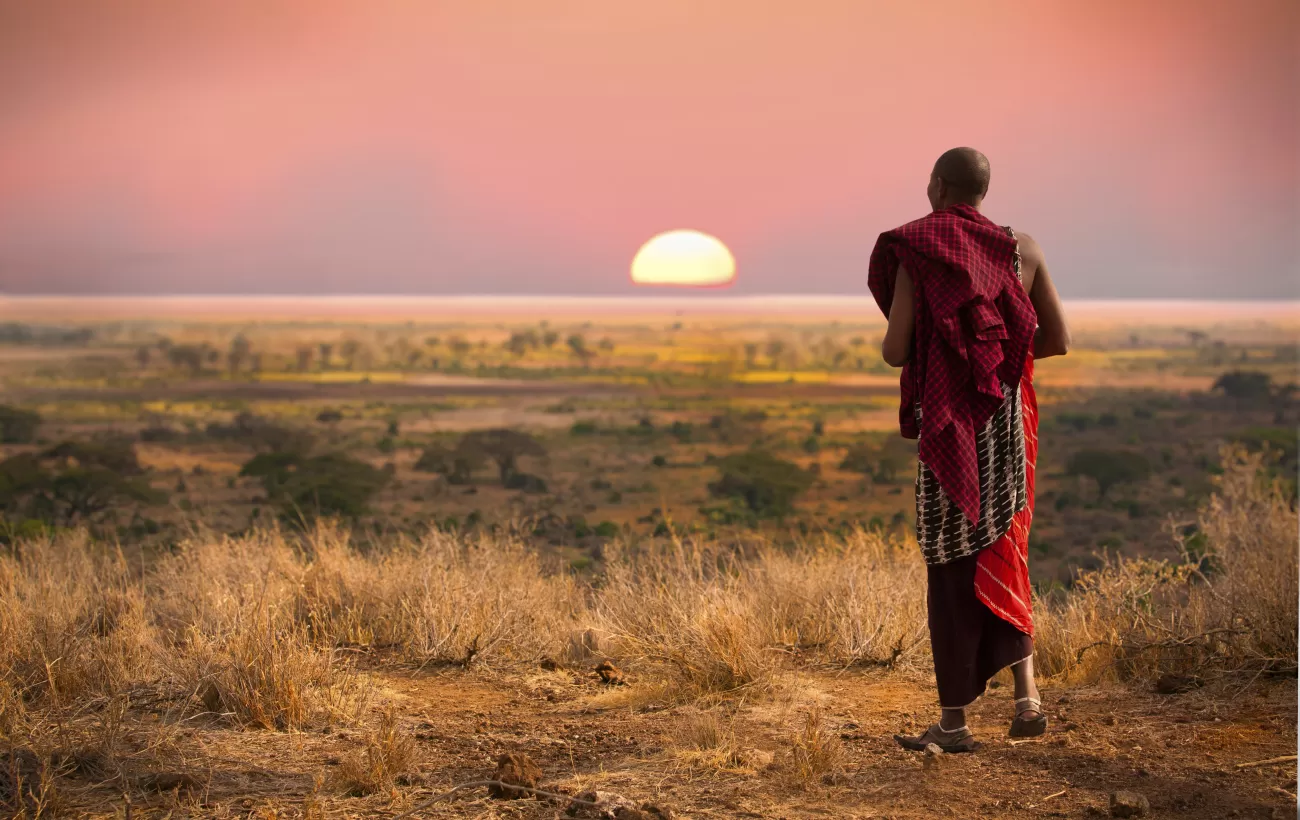
Safety Considerations for Travelers
Understanding the Travel Advisory Levels
When considering whether is it safe to travel to Kenya, it’s important to understand the travel advisory levels issued by the U.S. Department of State. These levels provide valuable insights into the safety and security risks associated with traveling to a particular country.
The travel advisory system is divided into four levels:
- Level 1 – Exercise normal precautions.
- Level 2 – Exercise increased caution.
- Level 3 – Reconsider travel.
- Level 4 – Do not travel.
As of July 31, 2023, Kenya is under a Level 2 Travel Advisory, advising travelers to exercise increased caution due to crime, terrorism, civil unrest, and kidnapping (Travel.State.Gov). It’s crucial to be aware of these warnings and take appropriate precautions to ensure your safety.
| Advisory Level | Recommendation | Description |
|---|---|---|
| Level 1 | Exercise Normal Precautions | Routine safety measures. |
| Level 2 | Exercise Increased Caution | Heightened safety awareness needed. |
| Level 3 | Reconsider Travel | Significant risk, non-essential travel discouraged. |
| Level 4 | Do Not Travel | Extreme risk, avoid all travel. |
Specific Risks in Kenya
When evaluating is it safe to travel to Kenya specifically, several risks need to be considered:
-
Crime: High levels of crime, including mugging, carjacking, and burglary, are prevalent in urban areas. Common hot spots include certain neighborhoods in Nairobi such as Eastleigh and Kibera. Travelers should avoid displaying valuables and remain vigilant, especially in crowded places.
-
Terrorism: Terrorist groups like Al-Shabaab have been known to carry out attacks in Kenya. These attacks may target tourist locations, transportation hubs, hotels, resorts, markets, shopping malls, and places of worship. The nature of these attacks includes armed assaults, suicide operations, bombings, and kidnappings, often occurring with little or no warning.
-
Political Unrest: Protests and demonstrations can quickly escalate and turn violent. Recent protests between March and July 2023 saw excessive force by the police, resulting in multiple casualties and injuries (Human Rights Watch).
-
Regional Issues: Travelers should avoid certain areas near the Kenya-Somalia border counties and some coastal regions due to terrorism and kidnapping risks. Also, Laikipia County has been highlighted for criminal incursions and security operations.
| Risk Type | Description | Areas to Avoid |
|---|---|---|
| Crime | Mugging, carjacking, burglary | Eastleigh, Kibera |
| Terrorism | Armed assaults, bombings, kidnappings | Near Kenya-Somalia border, coastal areas |
| Political Unrest | Protests, excessive police force | Kibera, Mathare |
| Regional Issues | Criminal incursions | Laikipia County |
For further understanding of safety in other regions, you may explore whether is Cancun safe to travel or is it safe to travel to Jamaica.
Before embarking on your trip, make sure to stay informed about the latest travel advisories and take the necessary precautions to safeguard your journey. You may want to read more tips on navigating risky situations and safeguarding your trip.
Crime and Security Concerns
Crime Trends in Kenya
When considering the question, “is it safe to travel to Kenya,” it’s essential to understand the prevalent crime trends. The Department of State warns that various forms of crime, such as armed carjacking, mugging, home invasion, and kidnapping can occur at any time. In Nairobi, scams like the “Nairobi Bump” are common, where someone crashes into you, apologizes, and steals your wallet or phone. There are also softer scams involving requests for help or distracting tactics. To minimize risk, stay vigilant and avoid engaging with strangers who seem unnecessarily friendly or invasive.
Despite these risks, safety in Kenya’s capital, Nairobi, has improved significantly since 2005. It now offers delightful stopovers with numerous great cafes, bars, and shopping options. Nevertheless, staying aware of your surroundings and taking precautionary measures will enhance your visit’s safety.
Police Response and Safety
The local police in Kenya have faced criticism for their response to criminal incidents and terrorist attacks. From March to July 2023, Kenyan police were reported to have used excessive force during protests, resulting in at least 16 civilian deaths and numerous injuries to protesters, bystanders, and individuals at home. There have also been instances of armed gangs taking advantage of the unrest to loot businesses and perpetrate violence, including sexual violence, particularly in informal settlements like Kibera and Mathare.
While there is a heavy police presence in Kenya, some travelers have reported instances of bribery, such as being solicited for a bribe at a checkpoint for over speeding. This indicates a concerning practice that visitors should be aware of.
| Incident Type | Location | Risk Level |
|---|---|---|
| Armed Carjacking | Nationwide | High |
| Mugging | Urban Areas | High |
| Home Invasion | Nairobi, Mombasa | Moderate |
| Kidnapping | Specific Regions | Moderate |
| Police Bribery | Checkpoints | Moderate |
| Protests and Demonstrations | Urban Areas | High |
| Armed Gangs | Informal Settlements | Moderate |
Given these challenges, it’s crucial for tourists to remain cautious and follow practical travel tips to safeguard their trip. Navigating risky situations and being conscious of the prevalent scams can also help ensure a safer experience in Kenya. For a comprehensive guide on how to protect yourself and enhance your travel experience, visit our section on practical travel tips.
To further explore the safety of other destinations, you might find our articles on is it safe to travel to mexico and is it safe to travel to jamaica useful. These resources provide vital information to help you make informed travel decisions.
Terrorism Threats in Kenya
Terrorist Groups in the Region
Kenya faces significant terrorism threats, particularly from the Somali militant group, Al-Shabaab (World Nomads). Al-Shabaab is infamous for orchestrating numerous attacks within the country. Other terrorist entities in the region pose threats as well but Al-Shabaab remains the primary concern. Understanding the activities of these groups is crucial when assessing is it safe to travel to Kenya.
Targeted Areas and Risks
Terrorist attacks in Kenya have targeted both local and foreign government facilities, tourist destinations, transportation hubs, hotels, resorts, markets, shopping malls, and places of worship (Travel.State.Gov). Travelers are strongly advised to remain vigilant in these areas and be aware of potential threats.
Common Attack Methods
- Armed assaults
- Suicide operations
- Bomb and grenade attacks
- Kidnappings
These attacks often occur with little or no warning, making it essential for you to stay informed through updates and alerts issued by local authorities and your embassy.
High-Risk Areas
Some regions in Kenya are considered more dangerous due to heightened terrorism risks. It’s recommended to avoid these areas:
- Kenya-Somalia Border Counties: Susceptible to roadside IEDs and militant activities.
- Certain Coastal Areas: Including Lamu, Mandera, and Garissa counties where terrorist activities have been reported.
- Neighborhoods in Nairobi: Eastleigh and Kibera are known for higher crime and kidnapping rates (Travel.State.Gov).
- Laikipia County: Highlighted for criminal incursions and ongoing security operations.
| Region | Risks |
|---|---|
| Kenya-Somalia Border | Roadside IEDs, militant activities |
| Coastal Areas (Lamu, Mandera, Garissa) | Terrorist attacks, increased militia presence |
| Nairobi (Eastleigh, Kibera) | Crime, kidnappings |
| Laikipia County | Criminal incursions, security operations |
When considering is it safe to travel to Kenya for your trip, it’s important to review safety advisories and avoid high-risk areas. For additional information on travel safety, you can explore our related articles on is it safe to travel to Egypt and is it safe to travel to Morocco. Stay alert, ask locals for safety tips, and regularly check updates from your home country’s embassy or government website.
Civil Unrest and Civil Rights
Impact of Protests and Demonstrations
Traveling to Kenya requires understanding the local climate of protests and demonstrations. The U.S. Department of State advises travelers to exercise increased caution due to widespread civil unrest (Travel.State.Gov). It’s common for demonstrations to lead to violence, ranging from rock-throwing to police use of deadly force.
Specific areas, particularly western Kenya and Nairobi, experience frequent protests, especially around election periods. These events often result in injuries, fatalities, and damages, affecting tourists. From March to July 2023, Kenyan police responded with excessive force to protests, killing at least 16 people and injuring many more, including bystanders. Unrest also involves armed gangs looting businesses, particularly in informal settlements like Kibera and Mathare.
| Incident | Period | Casualties |
|---|---|---|
| Police Response to Protests | March – July 2023 | 16 Dead, Scores Injured |
| Armed Gang Violence | March – July 2023 | Numerous Injuries & Looting |
For navigating protests and demonstrations, learning some practical travel tips can be beneficial.
Human Rights Issues in Kenya
Travelers should also be aware of the human rights situation in Kenya. The nation has seen a deterioration in human rights conditions over the past year. Security agencies have been implicated in serious abuses, including extrajudicial killings, with little accountability or justice (Human Rights Watch).
Key human rights issues include excessive police force during protests and the discovery of secret mass graves in Malindi. The police response often results in fatalities and injuries among protesters and bystanders. Additionally, the tragic revelation of over 400 bodies linked to a “starvation cult” highlighted severe violations of the rights of the accused, including prolonged solitary confinement and denial of access to family and lawyers (Human Rights Watch).
Efforts to address impunity remain weak, impacting Kenya’s human rights progress. Charges against senior officials accused of abuses have been withdrawn, undermining justice and voice for the victims.
| Issue | Details |
|---|---|
| Extrajudicial Killings | By police and security agencies |
| Excessive Force | During protests |
| “Starvation Cult” | 400 bodies discovered, prolonged solitary confinement, violation of rights of the accused |
Understanding these factors can help you make informed decisions about your safety when asking is it safe to travel to Kenya. For comparisons with other travel destinations, explore our guide on is peru safe to travel to or is it safe to travel to egypt.
Regional Safety Differences
Understanding the relative safety across East African countries can help you make informed travel choices.
East Africa Comparison
When considering travel to East Africa, it’s important to compare the safety levels of different countries in the region. Tanzania and Kenya are often regarded as the safest countries in East Africa. Both countries offer a more positive experience for travelers with lower risks of violence and unrest compared to other nations.
| Country | Safety Level | Key Concerns |
|---|---|---|
| Kenya | Moderate | Occasional crime, potential terrorist threats, bribery incidents with police (Quora) |
| Tanzania | Moderate | Less crime and unrest, more relaxed environment (Quora) |
| Uganda | Higher Risk | Civil unrest, political instability |
| Somalia | Very High Risk | Terrorism, armed conflict |
Despite past incidents, Kenya is now considered safer due to increased national cohesion and unity. Nairobi, the capital city, has improved significantly in safety since 2005. It offers great cafes, bars, and shopping but still requires caution (World Nomads).
Safer Travel Alternatives
If you are concerned about safety, consider some alternatives to Kenya in East Africa that offer a less risky environment.
- Namibia: Known for its vast deserts and wildlife, Namibia is considered one of the safest African countries for tourists. It boasts low crime rates and strong tourism infrastructure.
- Botswana: Renowned for its stable political climate and rich wildlife, Botswana offers a safe and rewarding safari experience. The government prioritizes conservation and visitor safety.
- Rwanda: While it had a tumultuous past, Rwanda is now one of Africa’s safest countries. Kigali, its capital, is clean and organized, with a low crime rate.
Comparison of Safer Alternatives
| Country | Safety Level | Key Attractions |
|---|---|---|
| Namibia | High | Deserts, wildlife, outdoor adventures |
| Botswana | High | Safaris, conservation parks, cultural experiences |
| Rwanda | High | Gorillas, clean cities, cultural heritage |
When evaluating whether is it safe to travel to Kenya, it’s crucial to consider these alternatives. Each country offers unique attractions with varying safety levels that might align better with your travel expectations. For more guidance on safe travel destinations, visit our articles on is it safe to travel to egypt, is costa rica safe to travel, and is south africa safe to travel.
Practical Travel Tips
When considering if it’s safe to travel to Kenya, it’s important to take steps to safeguard yourself and be prepared for any potentially risky situations. Here are some practical travel tips that can help ensure your trip is safe and enjoyable.
Safeguarding Your Trip
Traveling to Kenya requires a good understanding of the current safety landscape. The U.S. Department of State suggests exercising increased caution due to crime, terrorism, civil unrest, and kidnapping. Here’s a breakdown of some essential tips:
- Travel Advisory: Kenya is under a Level 2 Travel Advisory, indicating that visitors should take extra precautions.
- Dressing Appropriately: In Nairobi and other parts of Kenya, conservative clothing is recommended. For LGBTQ+ travelers, note that homosexuality is criminalized, so it’s best to avoid public displays of affection (World Nomads).
- Single Travelers: Women traveling alone might find Nairobi easier to navigate compared to other regions, but should still be cautious, especially in areas like Mombasa which have reports of harassment.
- Stay Vigilant: Keep an eye on local media for updates on any new or existing threats, especially regarding terrorism and violent crime (Smartraveller).
Navigating Risky Situations
Even with the best preparations, you may still encounter risky situations. Here’s how to navigate them effectively:
- Local Sentiment: Understand that political dynamics can influence local safety. While President Ruto may be favored internationally, domestic sentiments could differ.
- Emergency Contacts: Have local emergency contacts saved on your phone, including your country’s embassy or consulate.
- Avoid Demonstrations: Steer clear of protests and demonstrations, as they can rapidly become violent.
- Use Reputable Transport: Always use registered taxis or ride-sharing apps to move around, and avoid walking alone, especially at night.
- Secure Valuables: Keep your important documents and valuables in a hotel safe. When out and about, use a money belt or an anti-theft bag.
- Health Precautions: Get all recommended vaccinations before traveling and carry a first-aid kit including any prescription medications you may need.
For more detailed information on safe traveling practices, you may find these articles useful: is it safe to travel to Egypt, is Cancun safe to travel, and is Costa Rica safe to travel.
Traveling safely requires awareness and preparedness. By understanding the potential risks and taking appropriate precautions, you can minimize hazards and maximize your enjoyment during your trip to Kenya.

